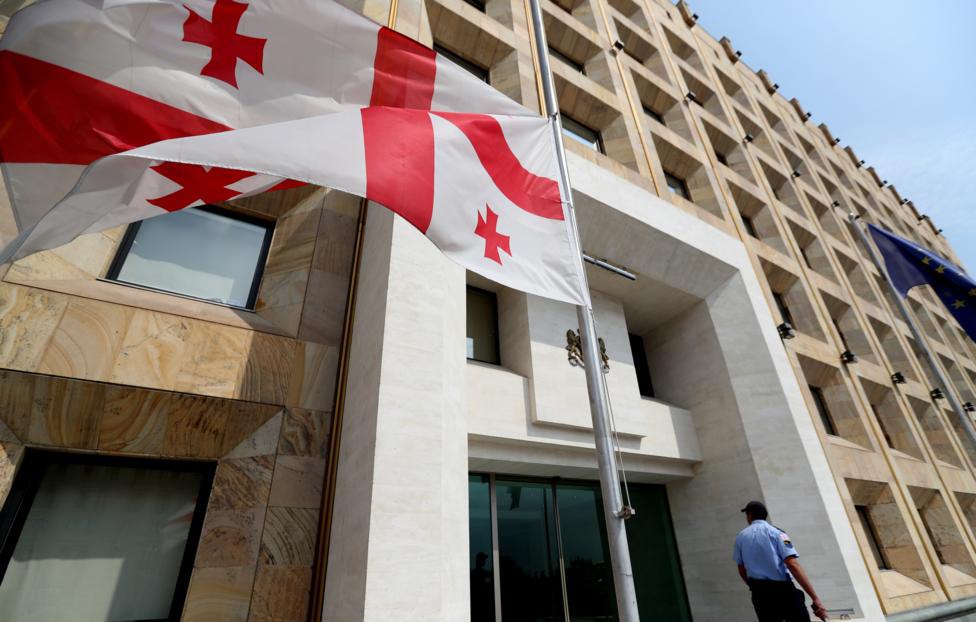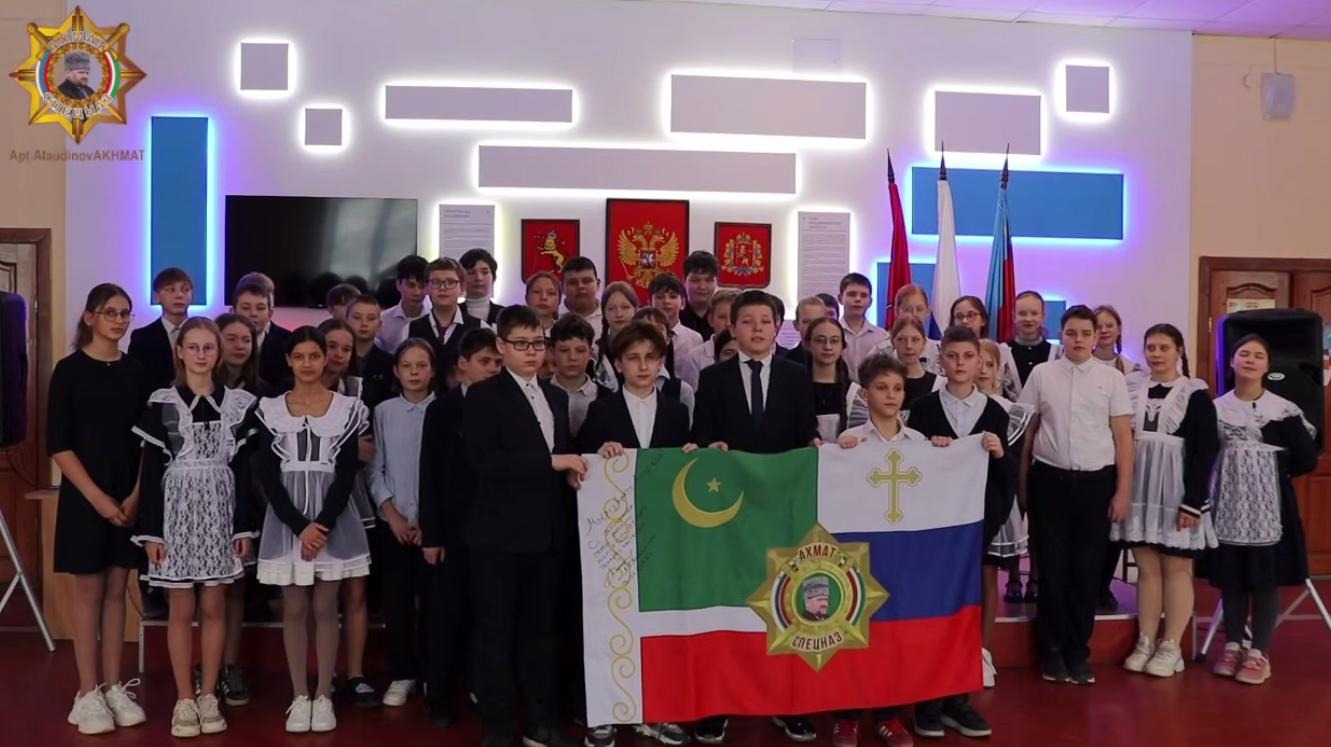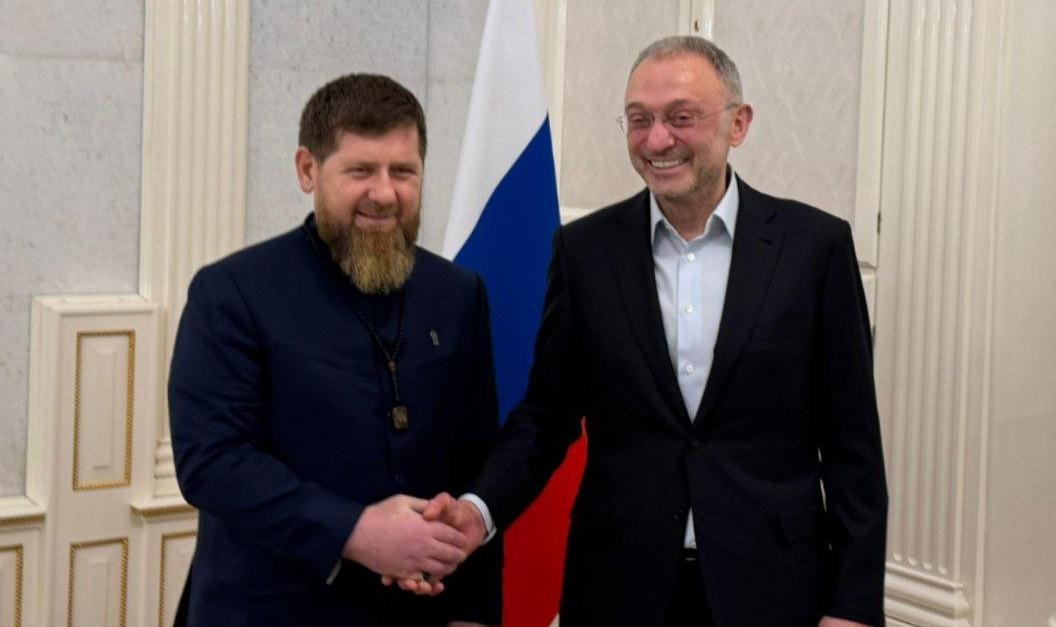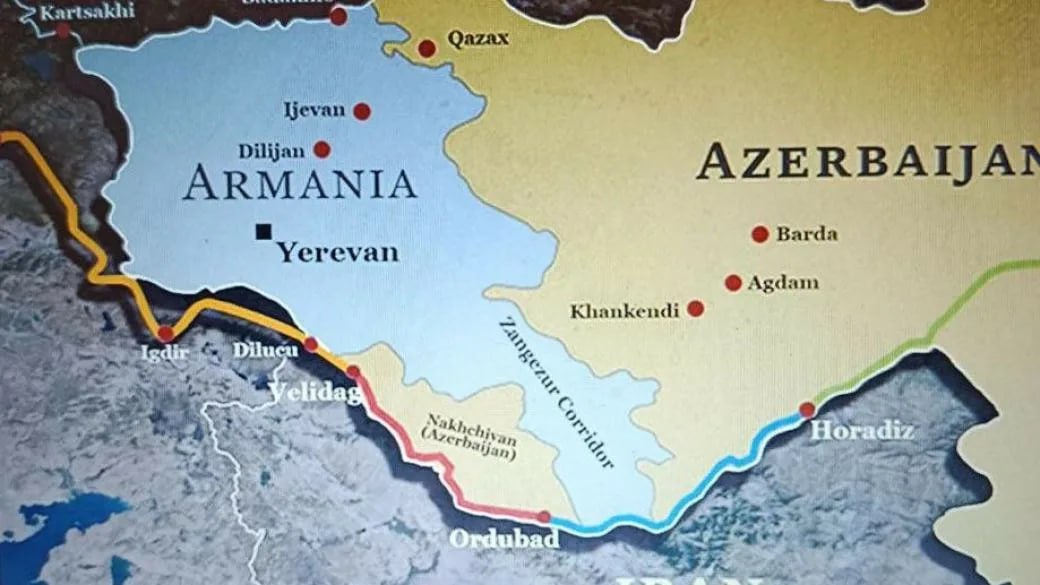The International Press Institute (IPI) has expressed concern over new legislative initiatives by the Georgian government and ruling party that restrict independent media funding.

The Coordination Center for Muslims of the North Caucasus (KCMSC) opposed the initiative of Deputy Chairman of the State Duma Vladislav Davankov. He spoke about the possibility of granting educational institutions the right to prohibit the wearing of religious clothing, as well as clothing with religious attributes.
“The Coordination Center for Muslims of the North Caucasus considers this bill as an anti-Islamic populist initiative aimed at causing a split in the interethnic and interfaith unity of our country,” the KCMSC statement said.
Theologians noted that the document not only tries to deprive Russian citizens of the right to fully comply with religious norms and rules, but also has an anti-Islamic orientation.
Previously, the muftiates of Dagestan, Karachay-Cherkessia and North Ossetia actually introduced a temporary ban on wearing the niqab. They explained this decision by reasons of safety for the population.
Thus, in the regions of the North Caucasus, positions on the issue of banning Muslim clothing are divided. While individual muftiates actually banned the wearing of the niqab, the Coordination Center for Muslims of the North Caucasus opposed the ban on wearing any religious clothing and paraphernalia.



